And you thought I was being facetious last time!
(More proper content soon, I promise, but just at the moment I only have the time and energy to dip into daft nostalgia items like this one).
Unlike A Question of Sport (the TV show), Mike Read’s Pop Quiz isn’t still going in a revamped, modernised format (although apparently there was an attempt at bringing it back at some point in the fairly recent past) but, like A Question of Sport (the TV show), Elite did make a tie-in game of it during the late 80s (which, according to my research, was several years after the show itself had ceased its original run).
And, like A Question of Sport (the game), Mike Read’s Computer Pop Quiz is just like A Question of Sport (the game). In fact, you’d go so far to say that they’re virtually bloody identical. I mean they haven’t even bothered to change the cast of anonymous faces that you can choose from to make up your team:
Hmm…don’t they look familiar? I suppose they have at least actually used a picture of Mike Read as the host, instead of Ian ‘Beefy’ Botham with his moustache erased. (Although the posed picture featured is slightly unnerving, almost as if they’ve used a shot from another product Mike Read promoted. The same is true of the pictures of Ian and Bill from QoS, it looks like they’ve just found random pictures of them from a sticker album or something. David Coleman looks ok though: I bet he came in and had a photo done specially for the game – what a pro.)
The rest of the game follows suit: it’s QoS with some different backgrounds and music, and (obviously) the questions are about music rather than sport. Any potential for innovation, or variety, when it comes to each round has obviously been ignored, and don’t expect to hear any actual music except for the odd incidental jingle here and there.
As for how I fared, well, perhaps I’m not all that good with music trivia, or maybe it’s the fact that Read – and, by extension, the BBC – were hopelessly out of touch with anything remotely hip or culturally significant during the 80s, meaning that many of the questions refer to a time and space now considered a depressing pop music wasteland, memories of which have since been encased in concrete and pushed to the bottom of the river of public consciousness, I don’t know, but, despite a few lucky guesses, I, um lost.
To be honest, I only wanted to look at this one because I’d heard it was a hasty (bordering on mickey-taking) re-hash of QoS. But, you know, how dare they? How dare they destroy the memories of top-left corner moustache man, and his football knowledge, when he’s here moonlighting as some kind of rock music expert?
Next time: Sporting Triangles.

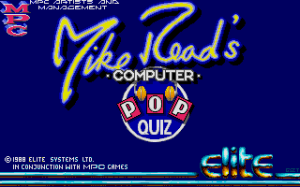
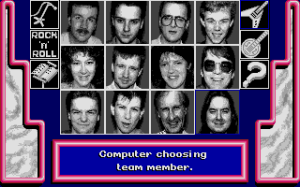
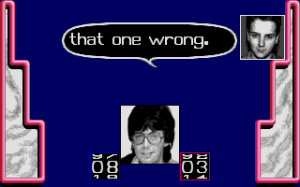
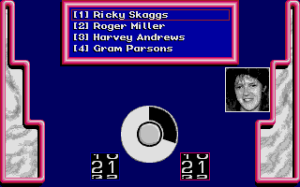

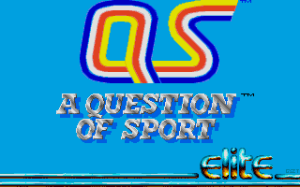
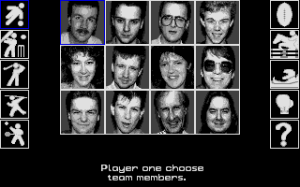
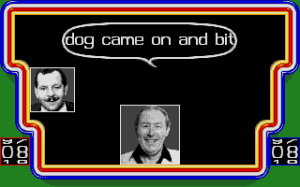
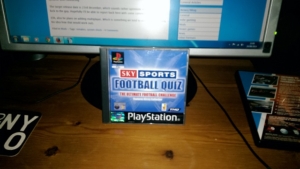
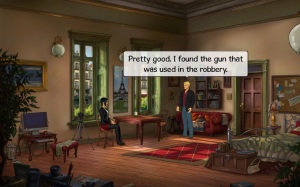
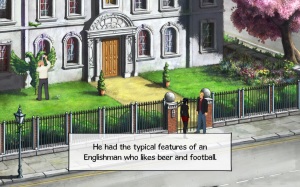


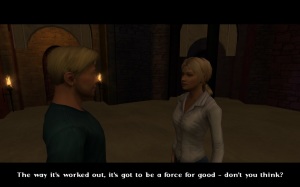


 Posts
Posts